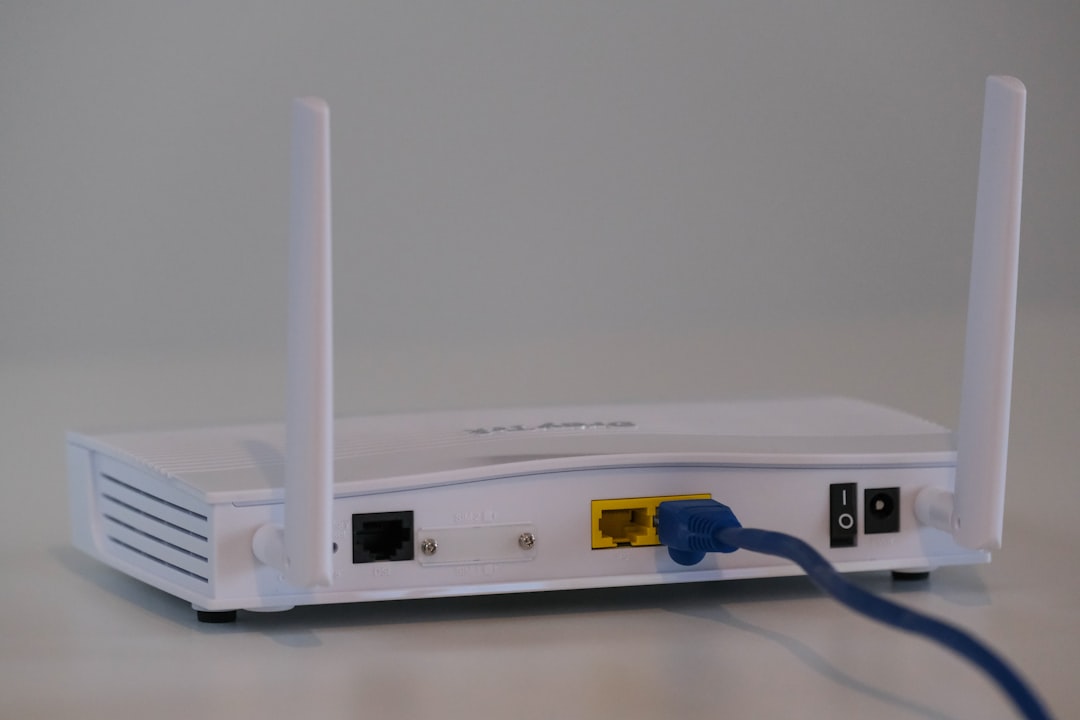As the digital world continues to evolve, privacy and data security have taken center stage for students and academics who regularly connect to university networks around the world. One of the most widely adopted systems for wireless access in academic institutions is eduroam (education roaming). It provides secure and seamless internet access using a single set of credentials across participating universities globally. But as more users begin to employ Virtual Private Networks (VPNs) to further safeguard their browsing habits, a common question arises: Does eduroam track you even when you’re connected with a VPN? This article takes a closer look at how eduroam operates, the role of VPNs, and what kind of data, if any, can be tracked under such usage.
Understanding How eduroam Works
Eduroam is not just a regular Wi-Fi access point. It operates on a federated authentication system, meaning your credentials are checked by your home institution when logging in, not the one you’re visiting. This ensures that your username and password are never directly transmitted to the local network you’re on. Instead, authentication requests are securely passed through a chain of RADIUS servers.
Given this architecture, there’s already a base layer of security involved. However, this doesn’t mean that your internet traffic is fully private. Once you’re authenticated and begin browsing, your traffic flows through the local network infrastructure, unless further secured by a VPN.

The Role of VPNs in Online Privacy
A Virtual Private Network (VPN) creates an encrypted tunnel between your device and the VPN server, significantly minimizing the chances of external observation. It hides your IP address from the websites you visit and encrypts all outgoing and incoming traffic.
When you’re connected to eduroam and then activate a VPN:
- Your DNS requests and browsing activities are encrypted and rerouted through the VPN server.
- The local network administrator (including eduroam operators) cannot see your actual browsing content or specific destinations.
- However, they may still see that you’ve connected to a known VPN endpoint (e.g., an IP address owned by a popular VPN provider).
In essence, while your actual activities are shielded, certain metadata such as the connection time, duration, bandwidth usage, and VPN server IP may still be visible to the eduroam’s monitoring systems.
Can eduroam Track You When Using a VPN?
To directly answer the question: No, eduroam cannot track your exact online activities — such as websites visited or data entered — when you’re connected through a properly configured VPN. However, this does not mean you become completely invisible. The following points capture what eduroam can and cannot log when a VPN is in use:
What eduroam Might Still Log:
- Connection timestamps: when and where you logged in to the network
- Device identifiers: such as MAC address (unless randomized)
- Network usage statistics: volume of data transmitted and received
- Destination IP (VPN Server): the endpoint to which all your traffic is routed
What eduroam Cannot Access (With VPN):
- Websites you visit
- Your search queries and content viewed
- Messages sent or received
- Login credentials to other services
Legal and Ethical Considerations
Most educational institutions utilizing eduroam have strict privacy policies and log retention regulations. The intention behind traffic logging is generally for network troubleshooting, preventing abuse, or complying with legal requirements — not for spying on students. Still, users should be aware of their local institution’s IT policy concerning traffic monitoring and data use.
If you are connecting from a nation or institution where internet traffic monitoring is common, a VPN could be a vital tool. But even then, it is advisable to use a trustworthy VPN provider with a proven no-logs policy and strong encryption standards.
Conclusion
Using eduroam in combination with a VPN creates a highly secure connection that protects students, researchers, and staff from many potential privacy pitfalls. While eduroam administrators can log broad metadata such as access times, location, and the fact that a VPN is being used, they cannot see the details of your online activities if your VPN is properly configured and active.
Bottom line: If privacy is a priority, using a VPN while on eduroam is a recommended best practice. It not only reduces potential surveillance but also safeguards personal information from malicious actors who may be on the same public network.
Always make sure to stay informed about your institution’s network policy and ensure your VPN provider adheres to the highest standards of privacy and security.
